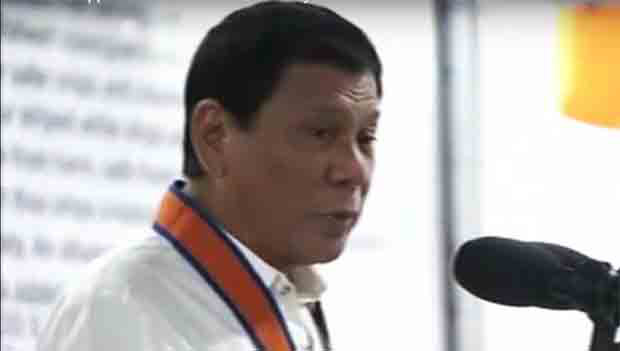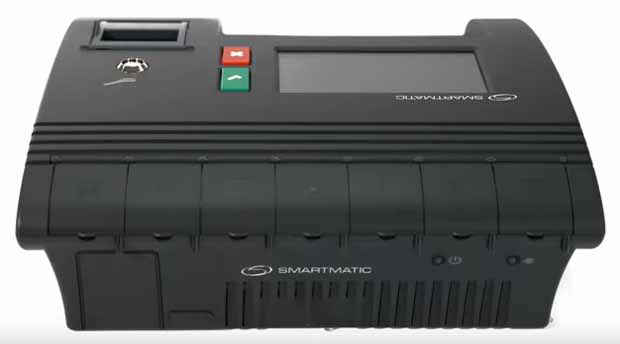
Overfishing, widespread corruption and uncooperative local executives are the key factors hampering the government’s campaign against illegal fishing practices slowly killing the industry according to the Bureau of Fisheries and Aquatic Resources.
In a media briefing, Francisco Ombao, BFAR Fisheries Regulatory and Law Enforcement Division chief, said that a study conducted blamed the indifference of local officials in implementing the campaign against illegal fishing activities.
Ombao disclosed that there had been instances where commercial fishing vessels were sighted operating within the 15-kilometer economic zone reserved for municipal fishers along the Ticao-Burias Pass, which covers the provinces of Sorsogon, Masbate, Albay and Camarines Sur.
Commercial fishing vessels of more than three tons are prohibited to catch fish within the zone reserved for municipal fishermen.
Ombao said the implementation of fishery laws and regulation are devolved to the local government units (LGUs) as provided in the Local Government Code.
He said LGUs are empowered to carry out this law, saying, “with the police and village chiefs, and hundreds of “barangay tanods” and other resources under them, “I cannot imagine how the campaign would fail.”
Ombao lamented that lack of support and political will of coastal town chief executives and the overlapping of functions of enforcers are factors that weaken the implementation of the government’s anti-illegal fishing campaign.
He claimed that corruption is getting its toll at its highest levels wherein coastal town mayors allegedly receive millions in grease money to allow operators of commercial fishing vessels to illegally operate in their respective coastal waters.
Ombao said his office is planning to file administrative and criminal charges against local town mayors found coddling illegal fishing operators as a sanction and those with poor performance against the campaign.
Asked to name operators of commercial fishing vessels violating the 15-km zone delineated for municipal fishing covering the Ticao-Burias Pass, Ombao named eight fishing vessels of the Divine Mercy Fishing Corp. owned by Rodolfo Apuli, a resident of Pioduran, Albay; three vessels from a Lucena-based operator; and fishing vessels owned by one lawyer William Enrile from Camarines Norte.
According to Prof. Victor Soliman of the Bicol University, a recent study indicates overfishing in the Burias-Ticao Pass is an urgent concern that must be immediately addressed.
The study further claimed that the intrusion of commercial fishers in Donsol harvest about 12,000 metric tons of fish annually while municipal fishers annual fish harvest is only about 1,350 metric tons.
“The fishing exploitation level gas gone over the optimum,” Soliman said. He added that Donsol fisherfolk are presently earning a measly P2,000 a month.
Currently, the fisheries sector only contributes about 2.4 per cent to the country’s gross domestic product.
The Municipal Fisheries and Aquatic Resources Management Council in the Ticao-Burias Pass is pushing for the following measures: a total ban against commercial fishing; declare a close season for fishing and declare the Ticao-Burias Pass as fish sanctuary.
At the same press conference, Vince Cinches, Ocean campaigner for Greenpeace Southeast Asia, confirmed Ombao’s revelation, saying corruption and uncooperativeness of local executives on the campaign against illegal fishing are signs of a “weak institution to enforce the law.”
Earlier, over a thousand individuals from the local government, academe, youth, non-government organizations, church and fisher folk marched in the ten-kilometer road from the Donsol town boundary to the Vitton Beach Resort bearing streamers with various slogans denouncing illegal fishing practices.
The march was joined by campaigners from the Greenpeace ship Esperanza (Hope) which anchored off the coast of Donsol town, about 47 kilometers from this city. Cinches said 10 of the 13 fishing grounds in the country are heavily exploited due to overfishing; of these two are in Bicol.
Ticao-Burias Pass, located on the eastern coast of Bicol, is among the area’s most productive fishing grounds.
They are also listed as two of the country’s major fishing grounds and considered to be the manta ray bowl and whale shark capital of the country. (PNA)
- Eco-airport of Bohol Panglao International opens for commercial flights - November 30, 2018
- Award for Mocha came from alumni group, not from UST - January 22, 2018
- Delos Santos stays as BuCor chief despite resignation, but for a while - July 17, 2017


























































